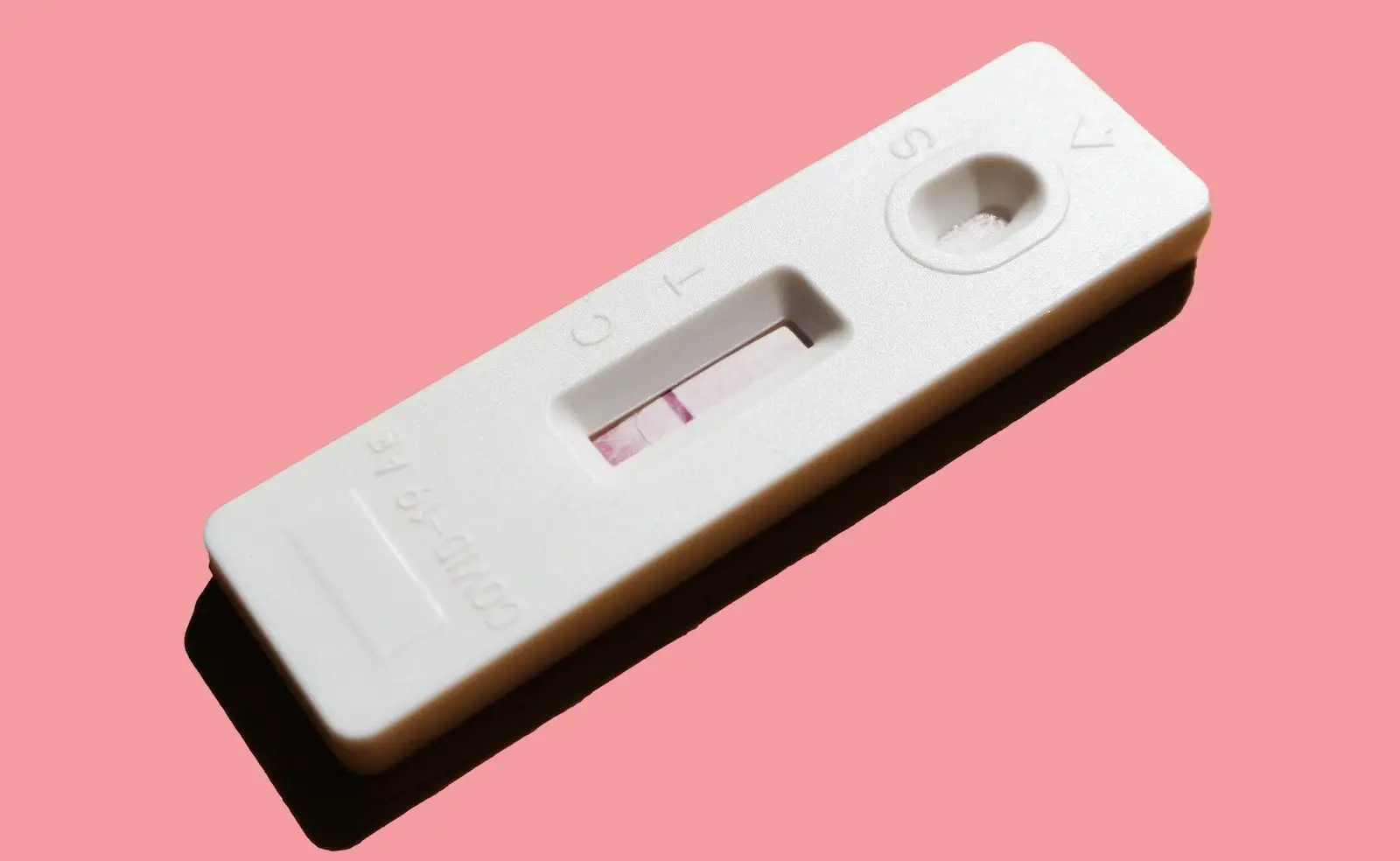
The FDA Approves Opill: A Challenge to Pro-Life Ethos?
Reproductive Freedom or Life Devaluation? The Complex Conversation Around Opill
A significant event took place today: The U.S. Food and Drug Administration (FDA) has approved Opill (norgestrel), making it the first daily oral contraceptive available over the counter, without a prescription.
While proponents view this as a leap forward in reproductive healthcare, it’s crucial that we understand the myriad concerns this decision elicits, particularly from the perspective of those who advocate for the sanctity and value of every life from the moment of conception.
The FDA’s move to make this progestin-only oral contraceptive available for purchase in drug stores, convenience stores, grocery stores, and online, without the requirement of a prescription, is indeed groundbreaking. However, it raises profound questions about our collective respect for the intrinsic value of life, a cornerstone of the pro-life stance.
Patrizia Cavazzoni, M.D., director of the FDA’s Center for Drug Evaluation and Research, has stated, “Today’s approval marks the first time a nonprescription daily oral contraceptive will be an available option for millions of people in the United States.” While some may view this as empowering, it’s worth considering the potential implications for our understanding of life and conception.
It is an unsettling reality that almost half of the 6.1 million pregnancies in the U.S. each year are unintended. However, the availability of Opill over the counter could potentially reinforce the perspective that life is disposable and can be prevented at will. This is in direct contradiction with the pro-life ethos that honors every potential life from the moment of conception as unique and unrepeatable.
While the contraceptive efficacy of Opill was established with its original approval for prescription use in 1973, the recent decision to make it an over-the-counter product fundamentally shifts its accessibility and use. From a pro-life perspective, it is important to remember that every act of prevention can also be seen as a lost opportunity for life.
The manufacturer’s guidelines are clear: Opill must be taken at the same time every day to ensure effectiveness. Any variation from this can lead to a decreased efficacy and, therefore, potential conception. Yet, even when used correctly, there are potential side effects such as irregular bleeding, headaches, nausea, and abdominal pain. The balance between efficacy and these side effects raises questions about whether we are prioritizing convenience over respect for the natural processes of life.
It’s important to note that while Opill represents a significant shift in contraceptive availability, it does not protect against sexually transmitted diseases such as HIV, AIDS, chlamydia, genital herpes, genital warts, gonorrhea, hepatitis B, and syphilis. A comprehensive approach to sexual health should address these concerns, promoting responsible and respectful behaviors rather than simply providing another method of contraception.
Today’s development challenges us to reflect deeply on the value we ascribe to potential life and the path we’re choosing as a society. While some may celebrate this decision as a victory for reproductive freedom, it’s crucial to remember that the discourse around contraception is far more complex.
At its core, the pro-life ethos advocates for the innate dignity and worth of every life, from conception to natural death. From this perspective, the narrative of progress might appear rather different, prompting us to reassess the implications of this new accessibility. The conversation is multifaceted, the journey non-linear, but our shared commitment to life should be the compass guiding us forward.
Join us in unraveling this complex dialogue at @ebonynsweet. As you navigate these significant societal shifts and their extensive effects.
